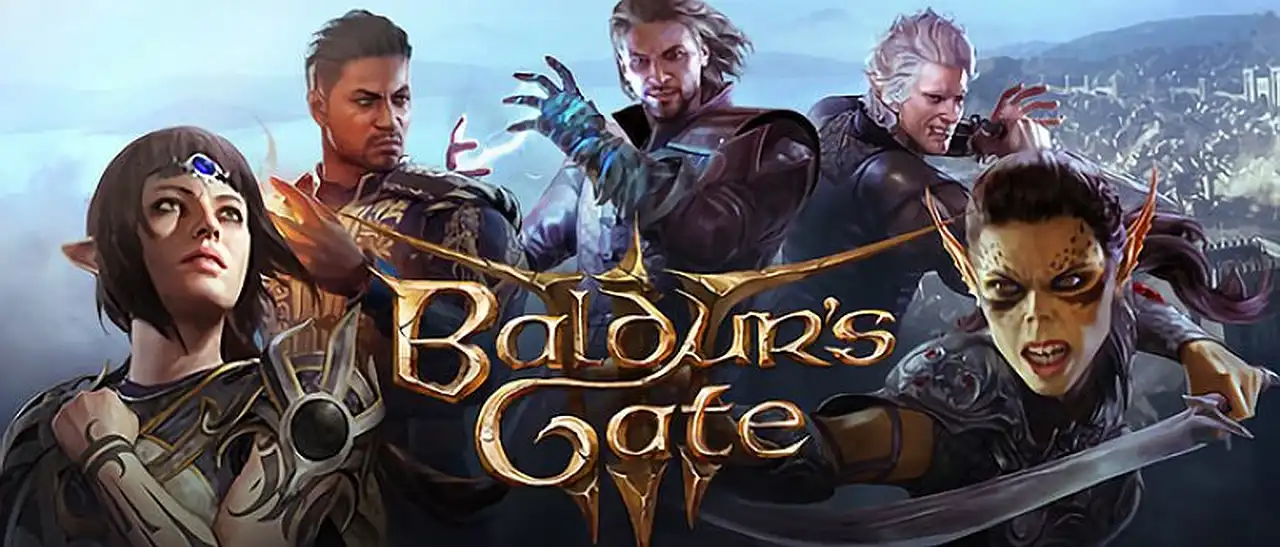Quest Design in Baldur’s Gate 3
The renowned role-playing game (RPG), Baldur’s Gate 3, has revolutionized quest design in a remarkable way. The game challenges the traditional RPG norm of quest structure by providing fully open-ended adventures that require players' creativity and decision-making ability.
Unlike many RPGs, Baldur’s Gate 3 does not guide its players through a singular, linear storyline. Instead, it gives them the freedom to explore, make choices, and ultimately shape the narrative around their decisions. This makes each quest a unique, memorable experience.

Notably, even the smallest of tasks in Baldur’s Gate 3 can lead to unexpected and significant consequences. The game does not merely reward its players for completing quests, but also for the unique paths they take to achieve those goals.
Baldur’s Gate 3 sets a new standard for RPG quests with its multi-dimensional quest design that captivates players with its unpredictability and depth.
Baldur’s Gate 3’s Impact on Expectations for RPG Quest Design
Baldur’s Gate 3 has played an instrumental role in elevating players' expectations from RPG quest design.
Previously, players might have readily accepted simple, linear quests that led to a single predetermined outcome. But now, after experiencing Baldur’s Gate 3’s powerful non-linear gameplay, many players find such straightforward quests lackluster and uninspiring.
This profound shift in perception is a testament to Baldur's Gate 3's nuanced and compelling quest design. Its approach to quest design has compelled players not merely to endure, but to appreciate and expect complexity and unforeseeability in their gaming experiences.
It has also challenged game designers to rethink old mechanics and create engaging and sophisticated quests that stimulate the player's curiosity and desire for exploration.
The Freedom of Choice in Baldur’s Gate 3
The cornerstone of Baldur’s Gate 3's success is its commitment to providing players with ample freedom of choice.
By allowing players the liberty to make choices, even on minor aspects, the game ensures that every decision made has the potential to steer the narrative in an entirely new direction, giving the concept of replayability a whole new meaning.
Moreover, the game allows players to make morally ambiguous choices, adding a layer of complexity to the narrative. It replaces the traditional binary good-evil choices with an array of intricate decisions, reflecting the complexity of real-world decision-making.
Thus, Baldur's Gate 3 empowers players, giving them the reins and inspiring them to create their own unique, richly layered stories within the game.
The Implementation of Open-Ended Quests in Baldur’s Gate 3
In Baldur’s Gate 3, the use of open-ended quests has a significant impact on gameplay.
These quests allow players to approach objectives from various angles and use their creativity to solve them. Whether it's through diplomacy, stealth, combat, or other unique means, the freedom to choose changes how players perceive and approach quests.
Furthermore, the open-minded design of these quests contributes massively to the unpredictability of the game. Players never truly know what to expect around the corner, encouraging experimental gameplay and fostering a sense of discovery.
The implementation of open-ended quests in Baldur's Gate 3 has demonstrated a way to keep RPGs fresh and exciting, challenging the conventional quest-centric design of traditional games.
Conclusion: The Enduring Legacy of Baldur’s Gate 3
The influence of Baldur’s Gate 3 on the RPG landscape is undeniable.
The game has played a pivotal role in revolutionizing quest design, setting a high standard for future RPGs. Its intricate exploration of non-linearity, consequence-based gameplay, player autonomy, and open-ended quests have elevated the player's gaming experience.
More importantly, Baldur’s Gate 3 has redefined what players expect from RPG quests. It has shown that quests can be as compelling and unpredictable as the game's main storyline, inspiring developers to be more innovative and creative in their approach to quest design.
The impact of Baldur’s Gate 3 serves as a testament to the game's mastery in creating engaging and meaningful experiences, shaping the future of RPG quests in promising ways.